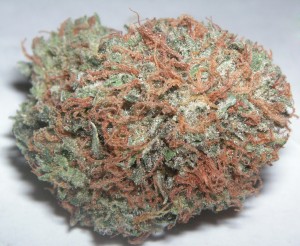In CO, Marijuana Use by Kids 58% Above Average
 An article in Citizen magazine’s August issue reveals some disturbing facts about marijuana use in the U.S.:
An article in Citizen magazine’s August issue reveals some disturbing facts about marijuana use in the U.S.:
- Some of today’s products laced with marijuana concentrates have 400 percent greater potency than marijuana joints sold 30 years ago.
- Marijuana concentrate is available in forms designed to appeal to children, including lollipops, gummies, cherry drops, brownies, chocolates, cookies, fruit punches, and sodas.
- In Colorado, marijuana use by kids between the ages of 12 and 17 is now 58 percent higher than the national average.
- The rate of use among college-age adults in Colorado is 54 percent above the national average.
- Drug-related suspensions from Colorado schools jumped 34 percent from the 2005-2009 period to the 2010-2014 period, while alcohol-related suspensions stayed flat.
We have written before about how children and adults mistake marijuana edibles for traditional candy.
Emergency rooms are seeing more cases of children accidentally ingesting marijuana, and marijuana is increasingly linked with schizophrenia and other mental problems.
Rod Thomson writes for Citizen,
A top concern for many people who are now part of the resistance is the fact that kids under the age of 21—the minimum age for purchasing marijuana that was written into the law—are nonetheless consuming it at stunning levels, according to the Rocky Mountain High Intensity Drug Trafficking Area (RMHIDTA), an offshoot of the Office of National Drug Control Policy, which coordinates efforts between federal, state and local drug-enforcement agencies.
Moreover, today’s marijuana includes concentrated products, like cannabis butter or oil, which are made by extracting the psychoactive ingredient of the plant for a very powerful effect.



 Yesterday Attorney General Leslie Rutledge’s office rejected two ballot proposals related to marijuana and a third proposal repealing Amendment 94 to the Arkansas Constitution.
Yesterday Attorney General Leslie Rutledge’s office rejected two ballot proposals related to marijuana and a third proposal repealing Amendment 94 to the Arkansas Constitution.